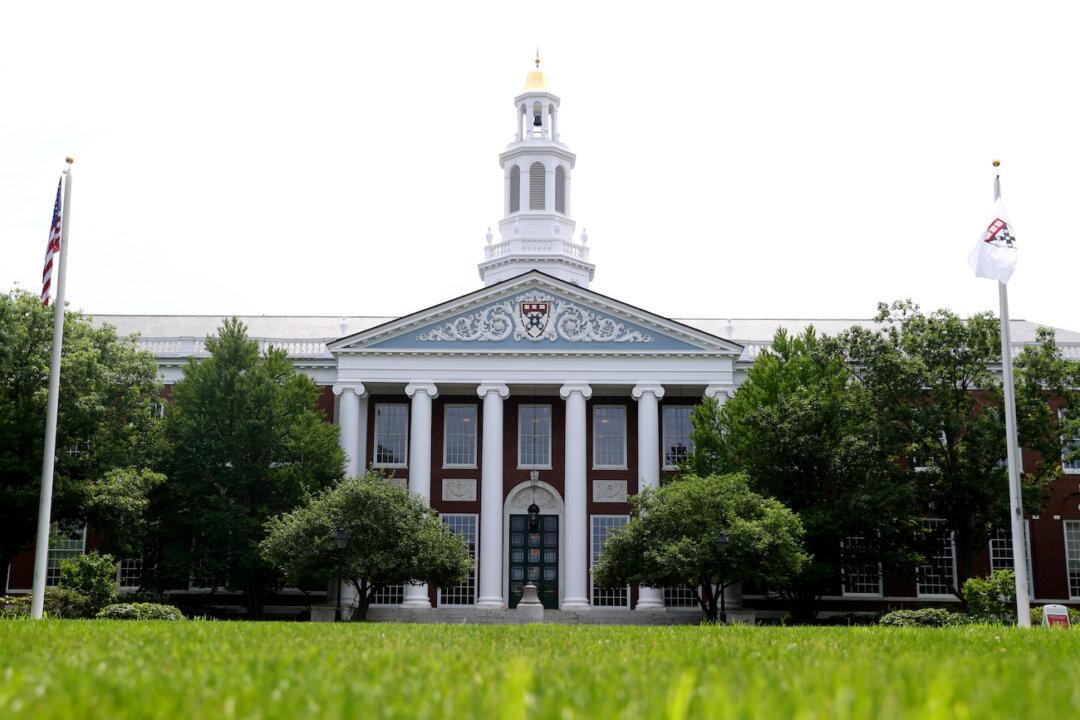Applications to top business school programs at top Ivy League universities saw double-digit drops this semester.
Major MBA programs like Harvard Business School have reported steep drops in applications due to a tight labor market and expensive costs of the degrees, which have pushed many would-be applicants away, according to an article in The Wall Street Journal.





